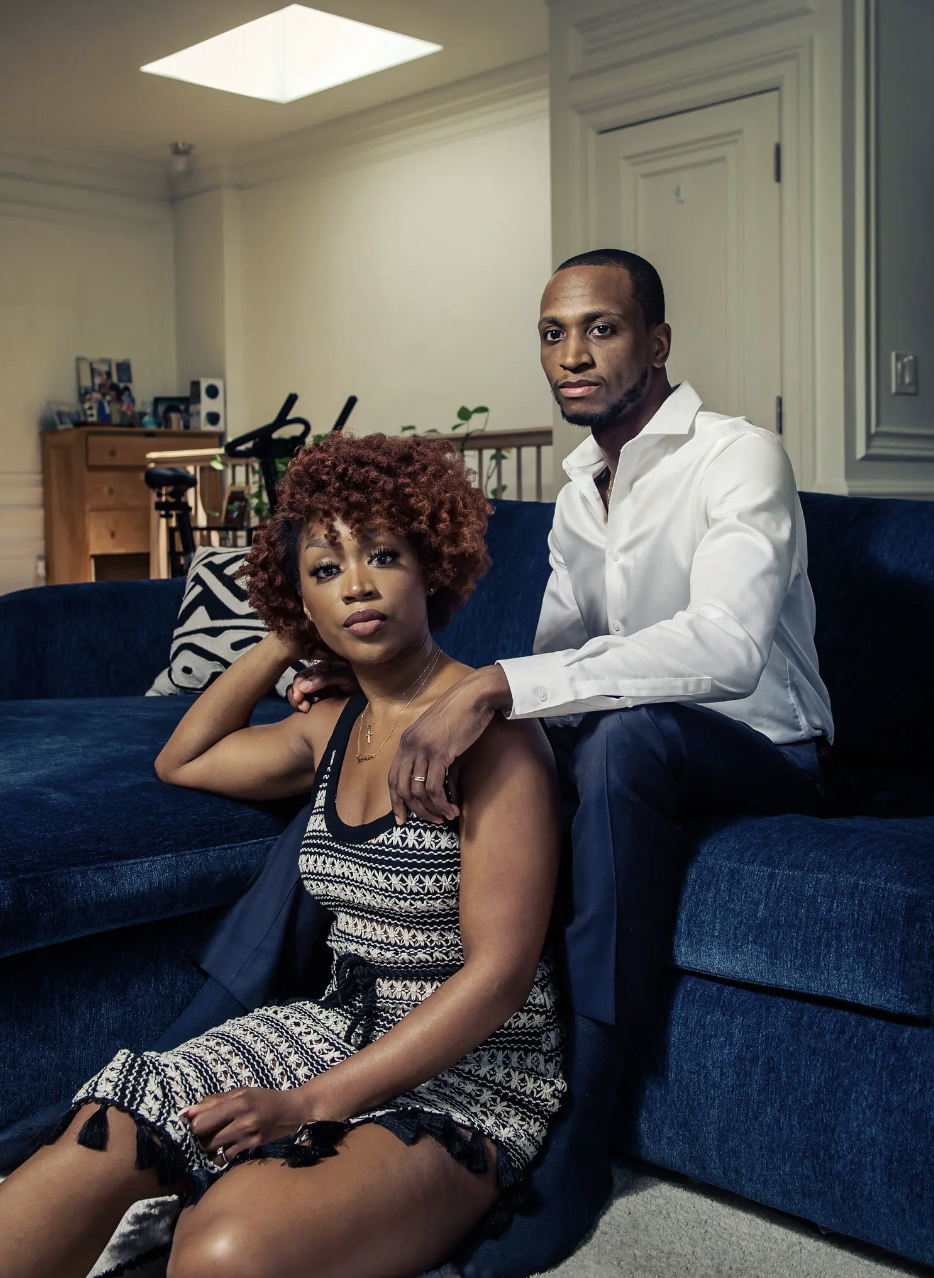I’m a Couples Therapist. Something New Is Happening in Relationships.
By Orna Guralnik for The New York Times Magazine
One of the most difficult challenges for couples is getting them to see beyond their own entrenched perspectives, to acknowledge a partner’s radical otherness and appreciate difference and sovereignty. People talk a good game about their efforts, but it’s quite a difficult psychological task. To be truly open to your partner’s experience, you must relinquish your conviction in the righteousness of your own position; this requires humility and the courage to tolerate uncertainty. Coming to see the working of implicit biases on us, grasping that our views are contingent on, let’s say, our gender, class background or skin color, is a humbling lesson. It pushes us beyond assuming sameness, opening up the possibility of seeing our partner’s point of view.
Recent events have reshaped the national conversation on power, privilege, gender norms, whiteness and systemic racism. Together these ideas have pushed us to think, talk, argue and become aware of the many implicit biases we all carry about our identities, unconscious assumptions that privilege some and inflict harm on others. These insights have also made it easier for people to realize there may be plenty of other unconscious assumptions undergirding their positions.
Psychoanalysis is about exploring unconscious motivations behind thoughts or actions. It allows people to gain access to how early experiences — vicissitudes of attachment and trauma — have shaped them, and to expand their capacity for thought and feeling. For couples, I incorporate systems thinking, a practice that focuses on the system — a couple, say or a family — and interprets how each individual unconsciously behaves in ways that serve the system as a whole.
Over the years, I’ve come to see that one of the most pernicious issues couples struggle with is working through wrongdoing and blame. The claim “You hurt me” often sends couples spiraling. People want to feel like good and lovable beings; their intentions make perfect sense to themselves, and they hate being interpreted as selfish. In psychoanalytic jargon we often say, “No one likes being the ‘bad object.’” In fact, there are few things people resist more than being held responsible for causing harm. It immediately threatens to overwhelm the “offender” with shame (Am I a bad person?) and guilt (Have I caused irreparable damage? Should I be punished?). Yet serious hurt that goes unacknowledged leads to the accumulation of resentment and a deadening of the relationship.
Read the full article here.


